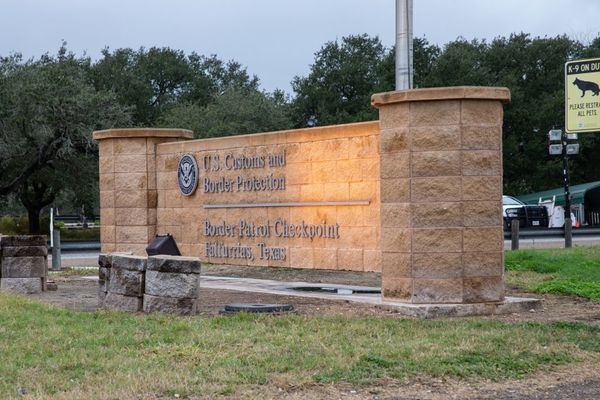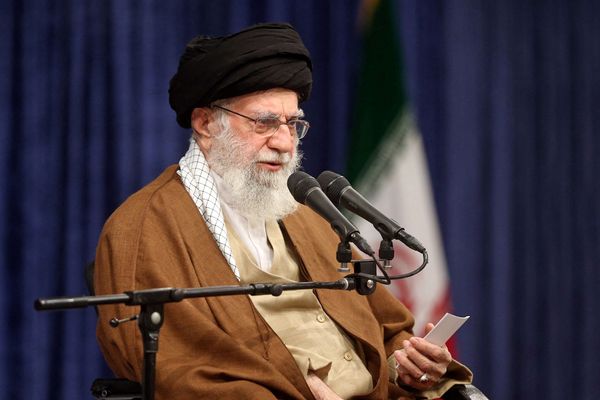
(Refiles to fix garble in headline)
SHANGHAI (Reuters) - Shanghai carried out another round of mass COVID-19 testing on Saturday, this time testing residents at least twice in a single day, as a city official in China's financial hub acknowledged shortcomings in the handling of the outbreak.
It was the fourth consecutive day of city-wide testing in Shanghai, which reported a record 23,600 new locally transmitted cases.

While those case numbers are small by global standards, the city has become a test bed for the country's elimination strategy, which seeks to test, trace and centrally quarantine all positive COVID cases.
Beijing intervened after the failure of Shanghai's initial effort to isolate the virus by locking down in stages, insisting that the country stick to its zero-tolerance policy to prevent its medical system from being overwhelmed.
But the curbs have sharply squeezed supplies of food and other essential goods for the city of 26 million, as numerous supermarkets have been shut and thousands of couriers locked in. Access to medical care has also been a concern.
City residents were asked to self-administer antigen tests on Saturday, sometimes even two, and then to queue in their compounds later in the day for PCR tests.
Meanwhile, public frustrations have been growing over the disruptions to food supplies.
Video footage circulating on Chinese social media showed people in hazmat suits scuffling with occupants of a Shanghai housing compound. Some residents shouted: "Send provisions." Reuters was not able to independently verify the footage.
The city government has said it is trying to get more couriers back on to the streets and reopen supermarkets. E-commerce company JD.com Inc said it had obtained a licence to deliver goods into Shanghai, triggering a buyer rush to its platform.
Shanghai city's deputy mayor Zong Ming acknowledged at a news conference that authorities had not met the public's expectations in their handling of the situation.
"We feel the same way about the problems everyone has raised and voiced," he said. "A lot of our work has not been enough, and there's still a big gap from everyone's expectations. We will do our best to improve."
GUANGZHOU TESTING
On Friday, the U.S. State Department said in a travel advisory it was allowing non-emergency staff and their families to leave the Shanghai consulate due to the surge in cases and the impact of restrictions.
It also advised U.S. citizens to reconsider travel to China "due to arbitrary enforcement of local laws and COVID-19 restrictions".
Elsewhere on Saturday, the southern megacity of Guangzhou - home to more than 18 million people - said it would begin testing across its 11 districts after cases were reported on Friday.
In Beijing, the municipal government placed a high-risk area under lockdown after eight confirmed COVID cases in the last two weeks, Pang Xinghuo, deputy director of the Beijing Center for Disease Prevention and Control, told reporters.
The lockdowns in Shanghai and other parts of China are also rattling supply chains.
Chinese electric vehicle maker Nio said it has suspended production after COVID disrupted operations at its suppliers in Shanghai and the provinces of Jilin and Jiangsu.
(This story has been refiled to fix garble in headline)
(Reporting by David Kirton and Zoey Zhang; Editing by Richard Pullin, Mike Harrison and Alex Richardson)







